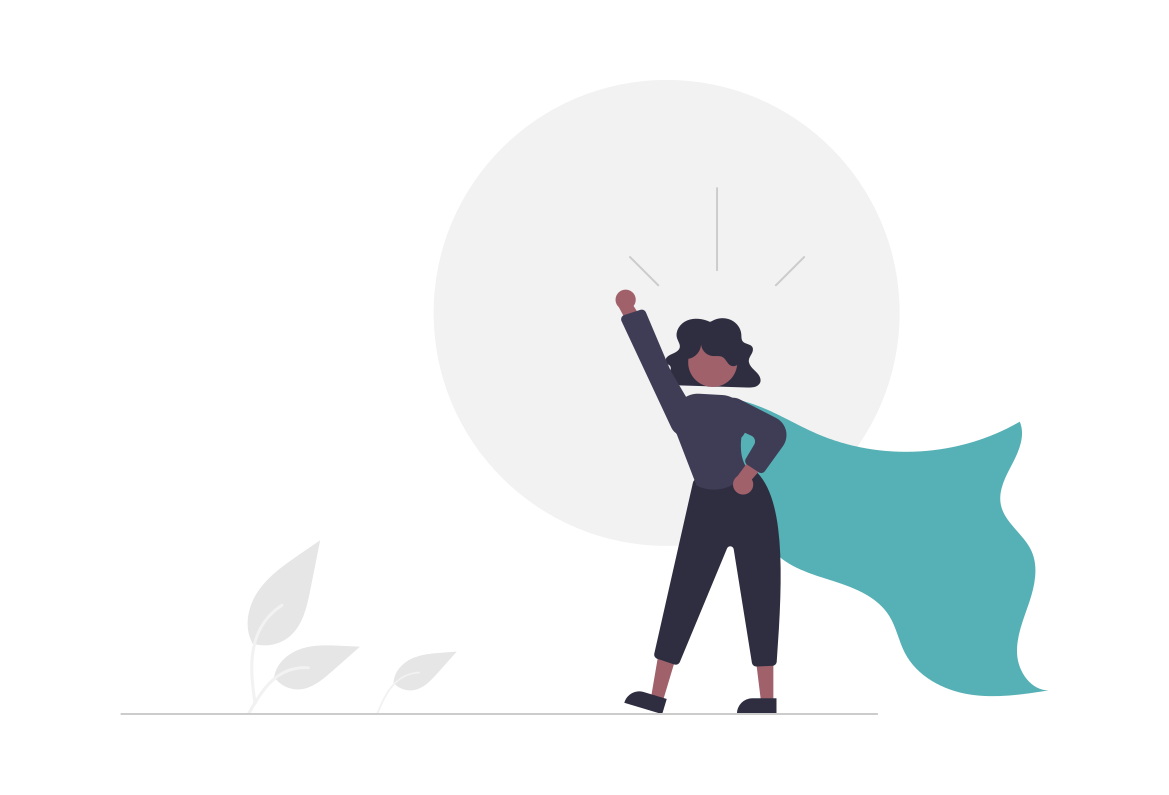The Power of Optimizing Strengths
Beth Kobett did a study in 2016 in which teachers were asked to describe the math strengths of several of their students who were struggling with learning math. The teachers were unable to describe ANY. You read that right, the students’ teachers could not identify ANY strengths. When Kobett spoke to the same students’ family members or guardians, those adults were able to describe multiple strengths. They said things like…
“Charlie loves to count everything! He is always counting and comparing amounts.”
“Nyia tells me that she likes when they do factions at school. She cooks with me at home a lot and says fractions make sense to her.” (Strengths-Based Teaching and Learning in Mathematics)
While this research is disheartening, is it really surprising? So much of education (and let’s be real - job performance) is deficit-based, not strengths-based. All teachers have sat in hours of meetings on identifying student deficits and even more hours on programs and/or strategies for remediating them. We are literally trained to spot deficits and try to “fix” them. This mindset and this obsession with fixing students is part of what started my passion for Universal Design for Learning (UDL). Implementation of UDL asks us to challenge our long standing paradigm around teaching and learning and it fits so well with strengths-based education.
“When a flower doesn’t bloom you fix the environment in which it grows, not the flower.”
-Alexander Den Heijer
What if instead of focusing on deficits, interventions and accommodations, we focused on student strengths and allowed students agency in their education so they can learn to leverage their own strengths?
We need to stop trying to “fix” children and instead teach them to invest in their own talents to create strengths.
Definition of a strength according to CliftonStrengths. Source: Gallup.com
It is not a surprise that students thrive when they have the opportunity to focus on what they do well. A strengths focus helps to promote expectations and beliefs that optimize motivation. Clifton and Harter (2003) found that leveraging strengths to address challenges yields greater success than focusing efforts on remediating weaknesses and deficits.
What may surprise you is that a strengths-based approach is not only helpful in education but also in business.
"A strengths-based approach to management is the single best means of improving the employee-manager relationship that Gallup has observed over the years of working with organizations to improve employee engagement." (Gallup research paper published in the Oxford Handbook of Positive Organizational Scholarship)
Sum it Up!
If students will better engage with learning and have a deeper understanding with a strengths focus, why do we spend so much of our precious time and energy on remediation? While Universally Designing lessons up front, as a part of high quality Tier 1 instruction, so that they are more engaging and build meaningful connections takes longer initially, it saves more time on the back end as fewer students need to be remediated. There is also the added benefit of confidence, agency and excitement. Nobody is excited to work on things they are bad at.
Explore Further
If you are interested in learning more I highly recommend checking out Beth Kobett and Karen Karp’s amazing book Strengths-Based Teaching and Learning in Mathematics: Five Teaching Turnarounds for Grades K-6 for math teachers looking to implement this work in their classrooms.
In our workshops and webinars on How to G.R.O.W. Your Impact the “O” stands for Optimize Strengths where we dig into not only how to identify and optimize YOUR strengths, but also those of your “customers.” We’ll help you bring this work to life at your site. Schedule your free consultation to discuss bringing this workshop in for your team or staff.
If you are new to UDL and interested in learning more, check out these resources:
SELinEDU Podcast: Creating Opportunities for Authentic Engagement
Easy EdTech Podcast: How to Use Digital Math Tools with Your Students
Strengths-Based pedagogy also has connections with positive psychology. Sheila Kennedy of Be Positively Connected wrote a guest blog post on Top 3 Tips for Joy Spotting.
Check out these free SHINEtastic Lessons from LaVonna Roth for all grade levels that help students to accept every individual for their strengths and exceptionalities and develop a positive mindset.



